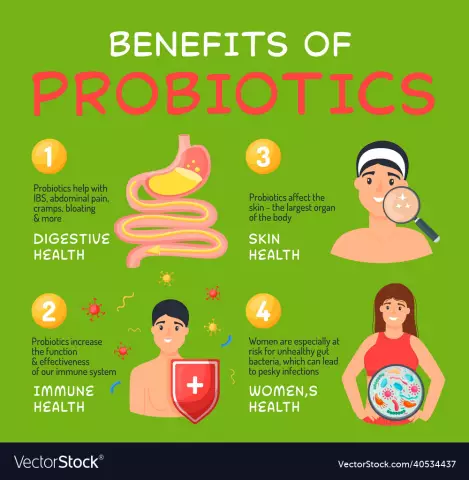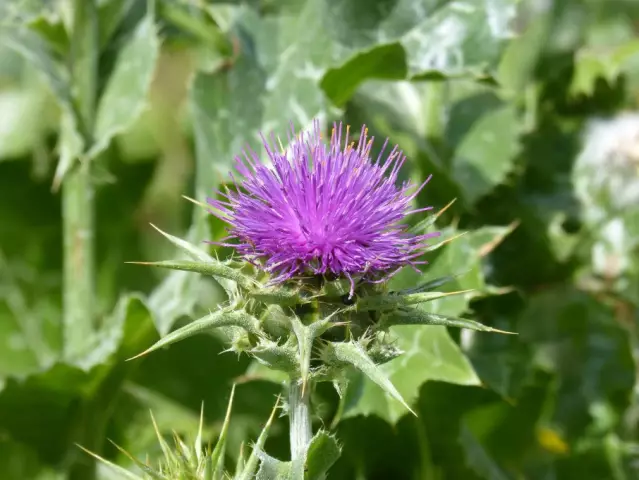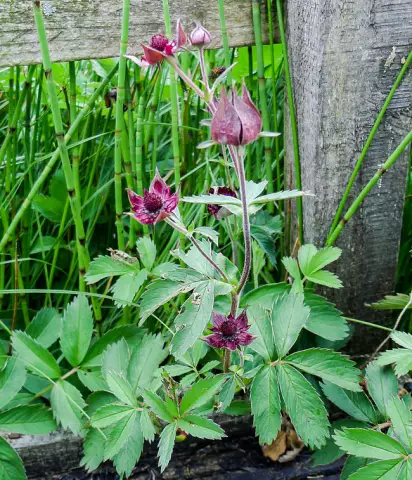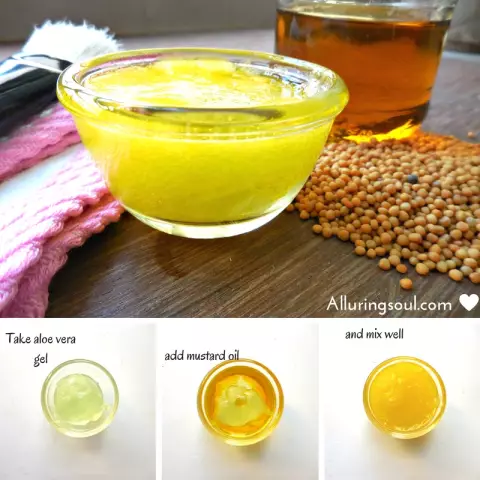- Author Rachel Wainwright wainwright@abchealthonline.com.
- Public 2023-12-15 07:39.
- Last modified 2025-11-02 20:14.
Bittner
Instructions for use:
- 1. Pharmacological action
- 2. Release form and composition
- 3. Indications for the use of the balm
- 4. Contraindications
- 5. Instructions on how to use the balm
- 6. Side effects
- 7. Storage conditions

Bittner is a combined herbal preparation with immunostimulating and restorative effects, indicated for the treatment of a wide range of diseases.
pharmachologic effect
Bittner's balm has a diuretic, antispasmodic, anti-inflammatory, antiseptic, tonic, choleretic and local analgesic effect.
The drug increases the body's nonspecific resistance, normalizes metabolism, and also has a mild sedative effect.
The effect of Bittner's balm is due to the effects of its constituent herbal components with healing properties, which determines a wide range of drug use:
- Dried white ash juice, which is part of Bittner, has an astringent, choleretic, anti-inflammatory, diuretic, laxative and immunomodulatory effect;
- Myrrh, containing essential oils, resins and gums, normalizes digestion;
- Included in Bittner, the root of stemless thistle stimulates the secretion of gastric juice;
- The rhizome of the German iris normalizes metabolism and increases immunity;
- The rhizomes of the present galangal, turmeric and ginger, which are part of Bittner, contain bitterness, essential oils, resins, tannins, flavonoids. They have a tonic, astringent, enveloping, antimicrobial, antispasmodic, hemostatic and diuretic effect;
- Yellow gentian root and nutmeg fruit normalize digestion and appetite, and also regulate weight;
- The clove flowers that are part of Bittner have an antihelminthic effect;
- The centaury herb stimulates potency, normalizes digestion, has a laxative, antioxidant and immunostimulating effect;
- Thistle grass normalizes the function of the nervous and cardiovascular systems;
- The herb wormwood, which is part of Bittner, contains bitterness, ascorbic acid, essential oils, tannins and carotene. Has antimicrobial, tonic, anti-inflammatory, antiviral, antiallergic and choleretic effect;
- The peel of sweet orange and curaçao fruits contains essential oils and pectin and removes radionuclides from the body;
- Yarrow herb has a tonic and tonic effect and normalizes metabolism.
Release form and composition of Bittner
The Bittner drug is produced in the form of a balm with a fragrant odor, in dark glass bottles of 50, 100 and 250 ml.
Herbal ingredients are included in 100 ml of balm:
- 136 mg of white ash juice;
- 50 mg of yellow gentian root;
- 68 mg of stemless thistle root;
- 136 mg of angelica root;
- 138 mg of turmeric rhizome long;
- 2 mg elecampane root and rhizome;
- 1.5 mg of curly thistle herb;
- 1.3 mg of herb centaury ordinary;
- 1.4 mg of flowers of the common mullein;
- 1.5 mg of real ginger rhizome;
- 1.1 mg peel of sweet orange fruit;
- 3 mg of clove flowers;
- 4.7 mg rhizome of calamus marsh;
- 28 mg of nutmeg fruit;
- 17 mg of licorice root;
- 1.7 mg of cubeba pepper fruit;
- 3.1 mg of the peel of the fruit of bitter orange;
- 600 mcg of herb yarrow;
- 1.4 mg rhizomes of the present galangal;
- 500 mcg rhizome of iris germanis;
- 70 mg dried resinous gum myrrh;
- 95 mg racemic camphor;
- 3.5 mg of wormwood herb;
- 3.8 mg Curacao orange peel
- 4.6 mg of real star anise fruits;
- 97 mg teriak;
- 12 mg of the leaves of the trefoil watch.
Indications for the use of Bittner's balm
According to the instructions, Bittner's balm is taken orally:
- As a sedative for sleep disorders and increased nervous excitability;
- During the rehabilitation period as part of complex therapy for cardiovascular diseases;
- In the period of recovery after surgery, illness, injury, stress and increased physical and mental stress, as a general tonic;
- As an agent that increases the immune defense in secondary immunological deficiency;
- With violations of lipid metabolism and hyperlipidemia;
- In diseases of the gastrointestinal tract, including chronic gastritis without an exacerbation stage, a tendency to constipation, peptic ulcer disease, biliary dyskinesia.
Locally, Bittner's balm, according to the instructions, is used for post-traumatic pain, insect bites, as well as for the treatment of ENT diseases of the throat and oral cavity.
Contraindications
According to the instructions, Bittner is contraindicated for use in renal and hepatic failure, obstructive diseases of the biliary tract and cirrhosis of the liver. Alcoholism, pregnancy, lactation and children under 12 years of age are also contraindications to the use of the drug.
Locally, Bittner's balm is not recommended for use in case of skin damage and irritation, dermatological diseases, as well as open and bleeding wounds in places where the balm is applied.
Bittner's instruction: how to use the balm

Inside Bittner's balm, according to the instructions, is used depending on the disease:
- When treating the gastrointestinal tract with normal or low acidity, usually 1-2 teaspoons of the undiluted drug is prescribed half an hour before meals three times a day. With increased acidity, the drug is recommended to be taken one hour after a meal. Also, Bittner's balm can be diluted in 50-100 ml of water or tea. The treatment course is 1 month;
- During the rehabilitation period for diseases of the cardiovascular system, take 2 teaspoons of the balm 3 times a day for a month;
- As a fortifying agent after surgery, infectious diseases or injuries, Bittner's balm, according to the instructions, is taken for 3-4 weeks, 2 teaspoons up to 4 times a day;
- After radiation therapy in the recovery period, 2 teaspoons of the balm are prescribed, diluted in 100 ml of water or tea before meals three times a day. Treatment is usually long, up to three months.
Topically, Bittner's balm according to reviews is effectively applied:
- In case of acute or exacerbation of chronic inflammatory diseases of the oral cavity and pharynx. To rinse the throat and mouth, 3 teaspoons of Bittner's balm are diluted in a sufficient amount of water;
- According to reviews, Bittner's balm is effective for inflammatory skin diseases or insect bites, applied directly to the site of the lesion;
- In case of closed traumatic soft tissue injuries and arthralgias, it is recommended to apply the balm to the painful area of the skin and rub until completely absorbed. If necessary, you can then apply a warming dry compress.
Side effects
According to reviews, Bittner's balm causes side effects only with individual intolerance to individual components of the drug, which manifest themselves as allergic reactions.
Storage conditions
Bittner's balm is an over-the-counter drug that has a shelf life of 5 years if stored in a dark place.
Information about the drug is generalized, provided for informational purposes only and does not replace the official instructions. Self-medication is hazardous to health!






